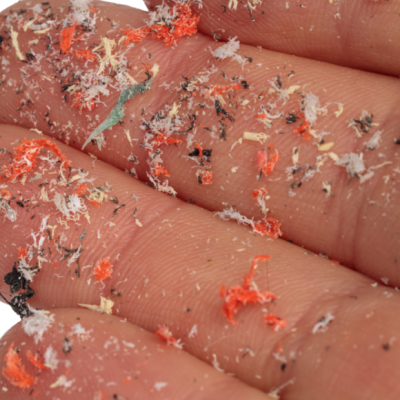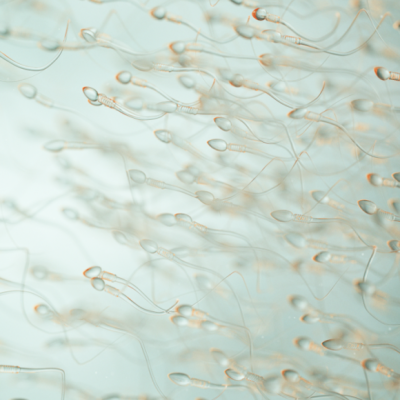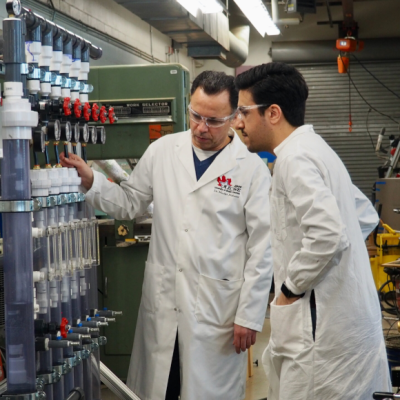Toilet paper additives contain eternal chemicals that can harm human health and the environment. Per- and polyfluoroalkyl substances (PFAS) are slow to degrade in the environment and have been linked to developmental delays in children and reduced fertility. Researchers at the United States Environmental Protection Agency (EPA) have recently discovered ways to destroy these eternal chemicals. However, scientists at the University of Florida have found that ordinary toilet paper contains these problematic eternal chemicals. The chemicals in toilet paper can be converted into other eternal chemicals that are carcinogenic and can accumulate in the environment through wastewater and sewage sludge.
According to a publication in Environmental Science & Technology Letters, analyses of toilet paper in America, Africa, and Western Europe have shown that they contain disubstituted polyfluoroalkylphosphates (diPAP), which belong to the PFAS group. The researchers found that toilet paper is a “potentially significant source” of introducing these chemicals into the environment. This is because the chemicals accumulate in wastewater and sewage sludge, which are then used for irrigation and land application. The presence of even small amounts of eternal chemicals in toilet paper is potentially significant, as they can accumulate in the environment and harm human health.
Toilet paper contains PFAS because many paper manufacturers use these chemicals in the conversion of wood to pulp. Even recycled toilet paper can contain eternal chemicals if it is made from fibers that were originally produced using these chemicals. The researchers combined the results of toilet paper analyses with per capita toilet paper consumption and PFAS content in wastewater to determine that eternal chemicals in toilet paper are responsible for 4% of diPAP in wastewater in the US and Canada, 35% in Sweden, and 89% in France. Germany, Denmark, Norway, the Netherlands, and Sweden have called for a ban on eternal chemicals, which was officially submitted to the EU Chemicals Agency (ECHA) in January 2023. However, before a ban can be implemented, the EU Commission must develop regulations and propose them to member states. A ban is therefore not expected for at least three years.
In conclusion, the presence of eternal chemicals in toilet paper is a significant concern for human health and the environment. The discovery of these chemicals in toilet paper highlights the need for stricter regulations on the use of PFAS in consumer products. It is essential to find alternative materials and methods that do not harm human health and the environment.










